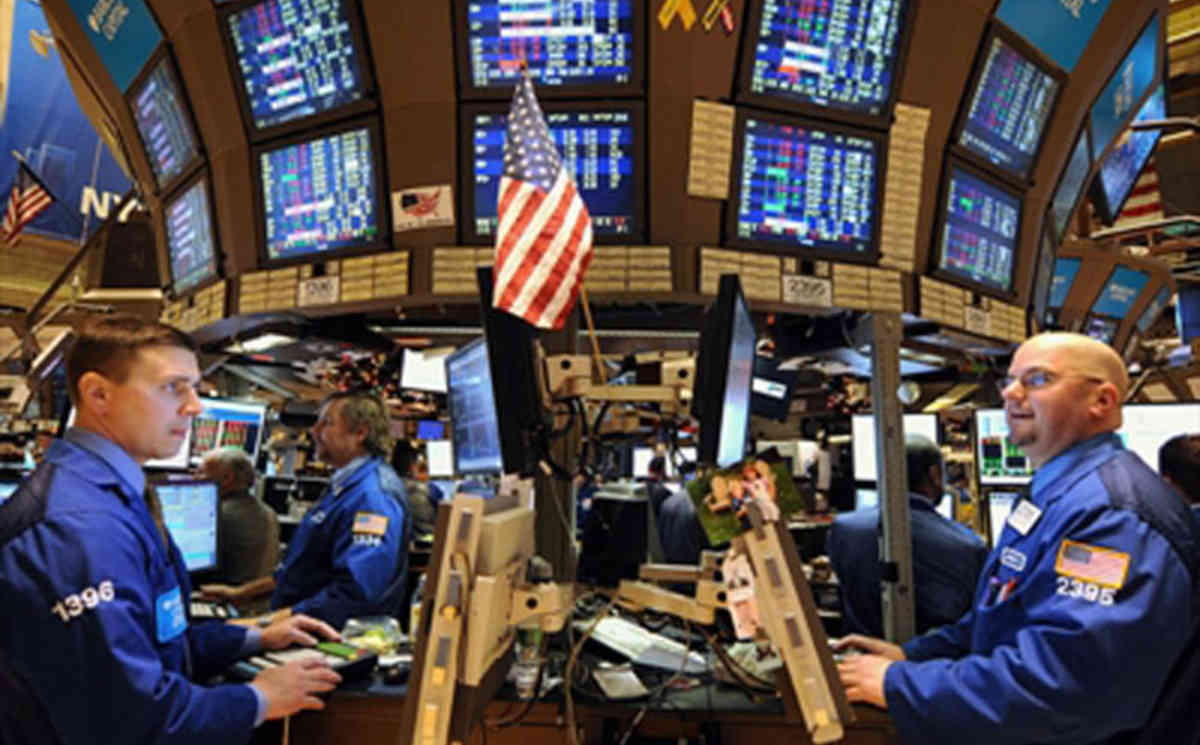What is the correlation between the US dollar and equity markets?
As far as we can see surveys of investors appear to show a clear preference for international equities over those in the US. This can change, of course but, if it does not, will it leave the US dollar vulnerable?

The inverse correlation between absolute equity values and the dollar does not just apply when stocks slump.
>> Can the US dollar keep going up?
Mr. Steve Barrow, Head of Standard Bank G10 Strategy, thinks it might, but only if US stock market underperformance occurs in the context of globally rising equity prices, not stock market weakness.
On the surface, at least, it might seem perfectly reasonable to expect the US dollar to slide if sentiment towards US equity markets is relatively poor, and perhaps especially so if this pessimism proves founded. For a start, if investors have these views because they fear that US economic performance, and particularly profit performance, might be inferior to many other countries, then this in itself could be a justification for shorting the US dollar.
Some investors might not necessarily feel that the US economy and US firms will perform any worse than their peers but are, instead, concerned that US equities are just too pricy given things like high P/E ratios and perhaps even the high level of the dollar itself. We might also expect to see the US dollar slide if investors act on their apparent desire to exchange US equities for those in other countries. For doing so could require the sale of dollars and purchase of other currencies to effect the stock switch.
But while all these things might make sense, they won’t in Mr. Steve Barrow’s view, weaken the US dollar if global stock markets are falling – even if the US falls more than others. This is because any impact equity markets have on currencies comes from the absolute performance of the whole market, not the relative performance between countries. To see this, we need to think about the way that equities are bought and sold.
For a start, a fair proportion of equity purchases are currency hedged. However, while this might make it seem that changes in equity flows have limit ed bearing on the FX market, the truth may be somewhat different. There has been quite a bit of work by academic economists in recent years that show that hedging activity does not mitigate against currency movement as equity values changes. But rather than changes in flows from one equity market to another, say from the US to the euro zone, the biggest effects are found when equities change in value and investors adjust their hedges.
>> What will drive the US dollar in 2023?
“We have talked about this issue before and there are a number of ways that it is thought to work. One is that investors who want to manage a global portfolio of stocks in line with an index that has fixed, or semi-fixed weights for different countries or regions, will have to buy the equities (and buy the currency) of the weaker-performing markets in order to maintain fixed weights. In theory, this can actually lift currencies of the poorer-performing equity markets. A bigger impact, in our view, comes from the fact that investors tend to do two things to finance the purchase of equities which is to fund through the swap market and to conduct the vast bulk of these swaps in dollars. At least that’s what the data on FX flows seems to tell us. We think this becomes particularly notable when there is a crisis and global equities slump. This is because the value of these equity portfolios fall quickly, leaving investors over-hedged in the FX market and, very often the way that they adjust these hedges is to buy dollars. That’s a key reason why we see the dollar soar when equities slump”, said Mr. Steve Barrow.
However, the inverse correlation between absolute equity values and the dollar does not just apply when stocks slump. When they rise, the US dollar tends to fall and, importantly, it does not matter whether US stocks are rising more, or less, than other countries. The bottom line here is that if we want to use equities as in input to our currency forecasting, trading or hedging, we should focus on whether we think stock markets in general will rise or fall, not whether the US equity market will underperform or outperform others.
“Our view is that US equities are most likely to underperform this year in the context of a rising global stock market and that’s one reason why we expect the dollar to fall”, forecasted Mr. Steve Barrow.








